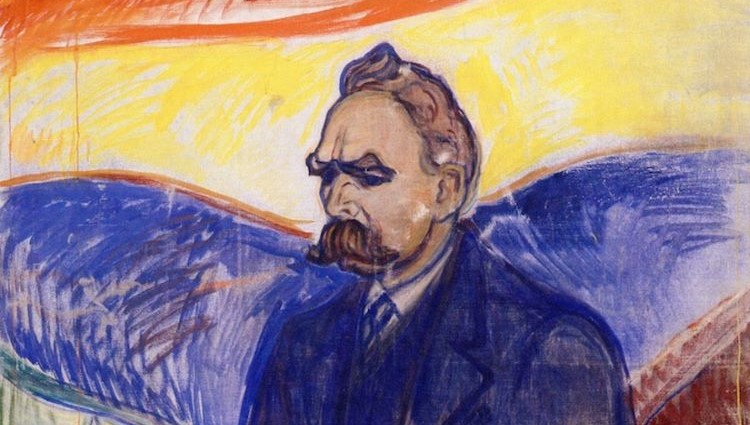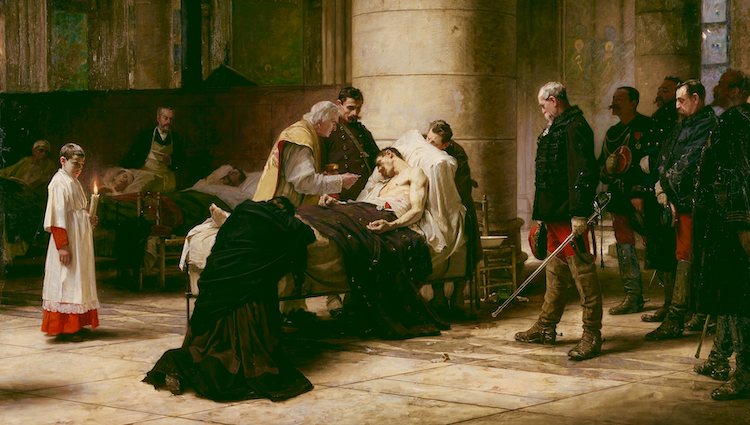Christopher Dawson’s Six Ages of the Church
Christopher Dawson’s Six Ages of the Church exhibit a cyclical pattern in historical events. Each Age exhibits an overall pattern of “rise and fall” during each cycle of spiritual renewal. Each new Age peaks and then encounters a new onslaught of adversities. It is possible to imagine the entire sweep of this non-linear history in [...]



